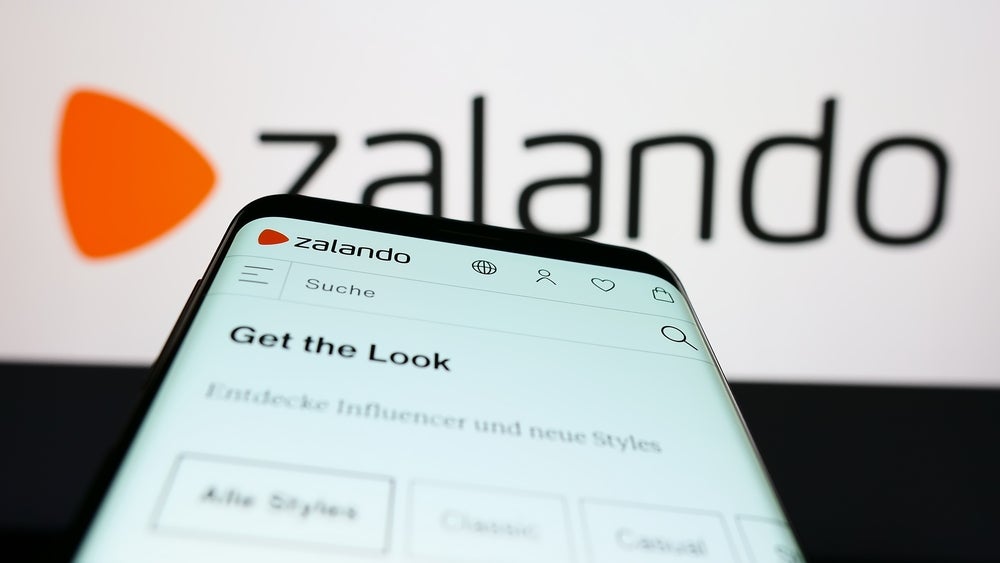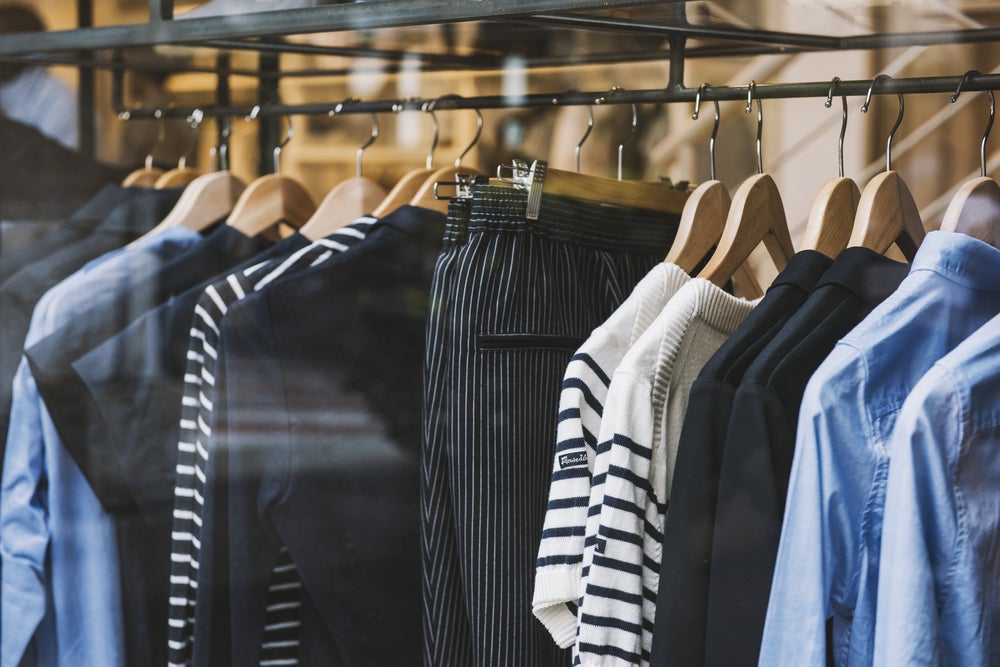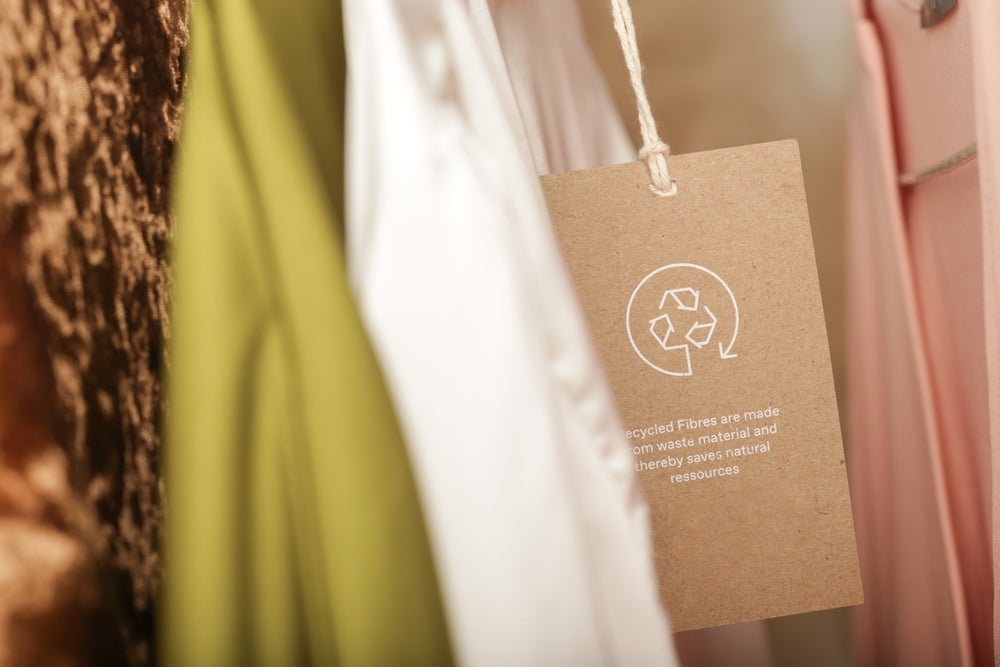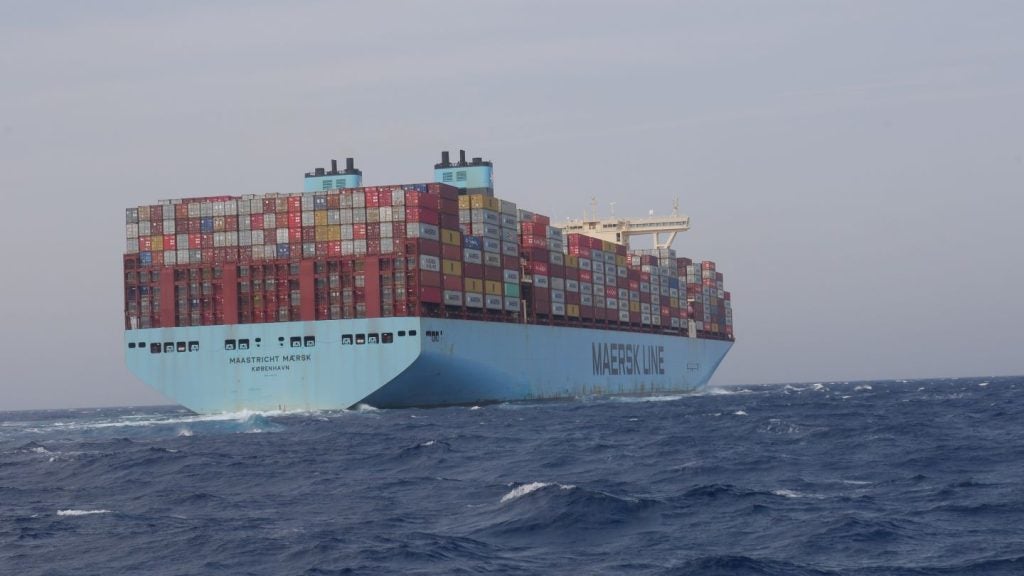
Europe’s largest e-commerce fashion retailer, Zalando, has filed a legal challenge against the European Commission to contest its designation as a Very Large Online Platform (VLOP) as defined by the Digital Services Act (DSA). The legal challenge, filed on 27 June, is the first to be brought against the EU’s landmark online content rules.
The DSA imposes risk management requirements for companies designated as VLOPs. Under this framework, designated platforms will be obliged “to identify, analyse and mitigate a wide array of systemic risks on their platforms, ranging from how illegal content and disinformation can be amplified through their services, to the impact on the freedom of expression or media freedom.”
In April, EU industry chief Thierry Breton labelled 19 online platforms and search engines as either a “VLOP or a Very Large Online Search Engine (VLOSE), including Alibaba, Google Search, Bing, Booking.com, Facebook, Instagram, TikTok and Wikipedia. Germany’s Zalando was the only European company on the list.
A VLOP or VLOSE designation also carries additional requirements to assess and mitigate systemic risks attached to the use of algorithms and AI, such as in content ranking tools and recommender systems, and to the processing of sensitive data in microtargeted advertising.
Zalando, however, contests that “the European Commission did not take into account the majority retail nature of its business model” and that “it does not present a systemic risk of disseminating harmful or illegal content from third parties.”
Additionally, Zalando said it has around 31 million “average monthly active recipients of its service”, corresponding to its Partner Programme and Connected Retail Programme – below the DSA threshold of 45 million users.
How well do you really know your competitors?
Access the most comprehensive Company Profiles on the market, powered by GlobalData. Save hours of research. Gain competitive edge.

Thank you!
Your download email will arrive shortly
Not ready to buy yet? Download a free sample
We are confident about the unique quality of our Company Profiles. However, we want you to make the most beneficial decision for your business, so we offer a free sample that you can download by submitting the below form
By GlobalDataThe $7.5bn company says that it has been treated unfairly due to “the absence of a clear and consistent methodology” to assess whether a company is a VLOP.
A contentious and ambitious piece of legislation
Published in October 2022 and due to come into force in August 2023, the DSA claims to be “the most important and most ambitious regulation in the world in the field of the protection of the digital space against the spread of illegal content, and the protection of users’ fundamental rights.”
The DSA has already generated its fair share of controversy. In May, Elon Musk pulled Twitter from the EU’s voluntary Code of Practice against disinformation, while Thierry Breton warned that “fighting disinformation will be a legal obligation under the DSA as of August 25.”
There are also fears that increasing regulation will stifle innovation and chill competition, as was the case with the EU’s General Data Protection Regulation (GDPR) and the Digital Markets Act. The introduction of the GDPR, for example, coincided with an increase in relative concentration in the web technology vendor market by 17%, and was found to negatively impact the growth of AI startups with customers in Europe.







